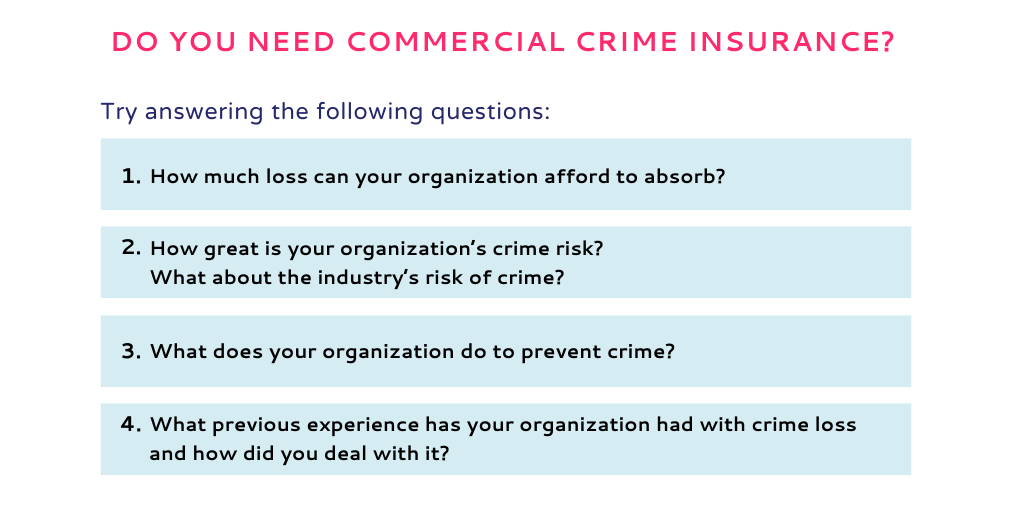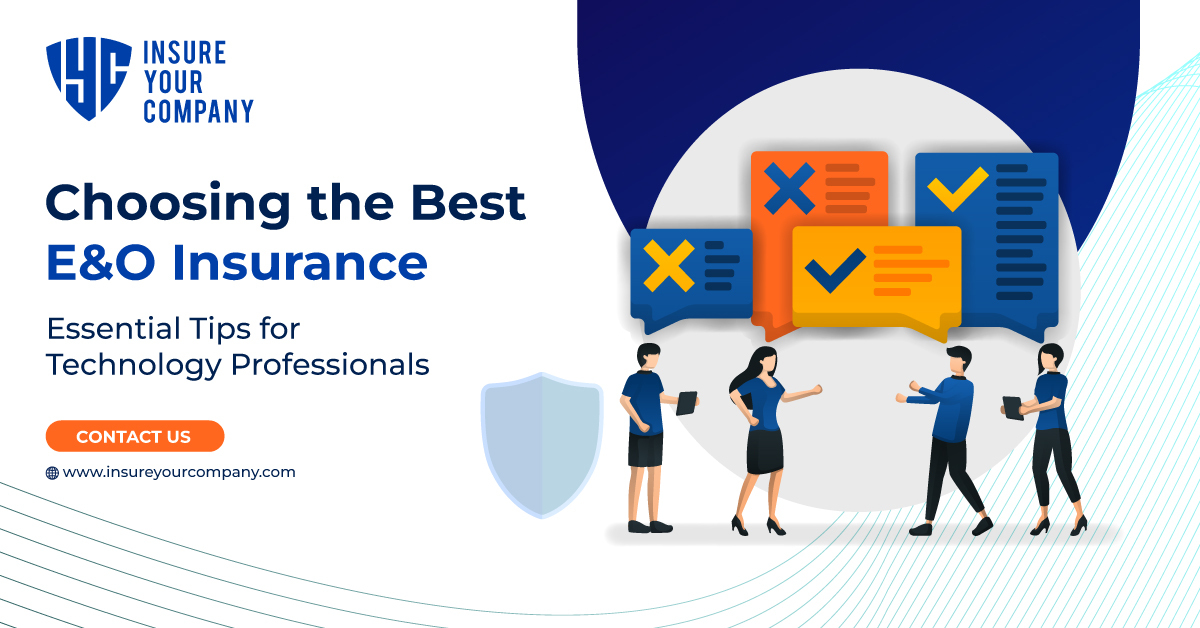Comprehensive Guide: Directors & Officers Insurance, Food Contamination Coverage, and Janitorial Bond Insurance Benefits
Looking for the best insurance options? Our buying guide has you covered! In the corporate world, Directors & Officers (D&O) insurance is a must – have. A SEMrush 2023 Study shows its global market growth. In the US, with strict governance, demand is soaring. For food businesses, the CDC reveals 48 million Americans get sick from contaminated food annually. Food contamination coverage, including specialty and recall insurance, is crucial, aligning with FDA rules. And janitorial services, where over 60% face employee theft, need janitorial bond insurance. Best Price Guarantee and Free Installation Included! Act now for top – notch coverage!
Directors & Officers Insurance
The risk landscape for directors and officers has been evolving rapidly, and Directors & Officers (D&O) insurance has become a crucial safeguard in this climate. According to a recent SEMrush 2023 Study, the global D&O insurance market has witnessed significant growth in the past few years, reflecting the increasing awareness of the potential liabilities faced by corporate leaders.
Market Information
Market size in 2023 and 2024
In 2023, the D&O insurance market was already substantial, driven by a growing number of corporate lawsuits and regulatory actions. In 2024, despite economic uncertainties, the market continued to expand. For instance, in the United States, where corporate governance regulations are stringent, the demand for D&O insurance increased as more companies recognized the need to protect their directors and officers from personal liability.
Market size projection by 2032 and CAGR
Industry analysts project that the D&O insurance market will reach a significant value by 2032, with a notable Compound Annual Growth Rate (CAGR). This growth is attributed to factors such as the globalization of business, stricter regulatory environments, and an overall increase in litigation. For example, emerging economies are also seeing a rise in corporate governance requirements, leading to an increased demand for D&O insurance.
Pro Tip: When considering D&O insurance, closely monitor market trends and growth projections. This can help you make informed decisions about policy limits and coverage options that align with the future risk landscape.
Concept
Protection scope
D&O insurance provides protection for directors and officers against claims made against them in their official capacity. This includes claims related to negligence, breach of duty, misrepresentation, and other wrongful acts. For example, if a director is sued for making a poor investment decision that results in financial losses for the company, the D&O insurance policy may cover the legal defense costs and any damages awarded.
As recommended by leading industry risk assessment tools, it’s essential to review the protection scope of a D&O insurance policy carefully. Some policies may have exclusions or limitations that could leave directors and officers exposed to certain risks.
Claims Process
As insurance policies go, directors and officers coverage is among the most complicated, especially when it comes to actually filing a claim for reimbursement.
- Notification: As soon as a claim or potential claim is known, notify the insurance carrier immediately. Delays in notification can lead to coverage issues.
- Documentation: Gather all relevant documentation, including legal notices, emails, and financial records, to support the claim.
- Cooperation: Cooperate fully with the insurance carrier’s investigation process. This may involve providing additional information and participating in interviews.
- Legal Representation: The insurance carrier will typically appoint legal counsel to represent the directors and officers. Work closely with the legal team to ensure a strong defense.
Key Takeaways:- Prompt notification is crucial when filing a D&O insurance claim.
- Thorough documentation can strengthen your claim.
- Cooperation with the insurance carrier and legal team is essential for a successful outcome.
Legal Frameworks
Under both state fiduciary duty law and federal securities doctrine, directors and officers are liable only if they were aware of corporate failures or reckless in ignoring them. However, proving awareness or recklessness can be challenging. Recent decisions involving the Omni – care standard, Item 303 of Regulation S – K, the scienter pleading standard, and the statutory safe harbor for forward – looking statements have all had an impact on D&O liability.
It’s important for directors and officers to be aware of these legal frameworks and how they may affect their D&O insurance coverage. For example, some policies may have specific provisions related to legal requirements that must be met in order for coverage to be provided.
Pro Tip: Consult with a legal expert who specializes in corporate governance and D&O insurance. They can help you understand the legal implications and ensure that your insurance policy provides adequate protection.
Try our D&O insurance calculator to estimate the coverage limits and premiums that may be appropriate for your organization.
Food Contamination Coverage
Did you know that the CDC estimates that contaminated food sickens 48 million Americans each year? This startling statistic highlights the importance of having proper food contamination coverage in the food and beverage sector.
Covered Events
Specialty policies
Food contamination insurance coverage often comes in the form of specialty policies. These policies typically provide coverage for “accidental contamination,” which generally applies to losses caused by the accidental presence of a contaminant into a policyholder’s food product line. For example, a cheese manufacturer had a contamination issue that it claimed was caused by the deteriorating conditions and poor maintenance of a third – party warehouse. Since this was within the scope of the all – risk policy coverage, the policy could potentially cover the losses. However, it’s important to note that food contamination claims are excluded coverage under standard commercial general liability or commercial property insurance policies, and coverage determinations are fact – specific.
Pro Tip: When considering a specialty policy, carefully review the policy language to understand what exactly is covered and excluded.
Recall insurance

Recall insurance is another important aspect of food contamination coverage. After a contamination event, all companies in the food supply chain—from farm to supermarket—may unexpectedly find themselves facing the cost of recalling products. For example, if a chicken product is found to be dangerous even with proper cooking and multiple people are hospitalized after consuming it, the company that produced the chicken would need to initiate a recall. Recall insurance can cover the costs associated with notifying consumers, retrieving products from the market, and disposing of them safely.
Pro Tip: Ensure that your recall insurance policy has a high enough limit to cover potential large – scale recalls.
Top – performing solutions include those that offer comprehensive recall coverage, including communication costs, product replacement, and legal expenses.
Legal Frameworks
The U.S. Food and Drug Administration (FDA) plays a crucial role in setting the legal framework for food safety. The FDA publishes the Food Code, a model that assists food control jurisdictions at all levels of government. Local, state, tribal, and federal regulators use the FDA Food Code as a model to develop or update their own food safety rules and to be consistent with national food regulatory policy. This legal framework is important for food businesses as it helps define the standards of food safety and can impact insurance coverage. For example, if a business fails to comply with the FDA Food Code and experiences a contamination event, it may face challenges in getting insurance coverage.
Pro Tip: Regularly review and ensure compliance with the FDA Food Code to maintain eligibility for insurance coverage.
Key Takeaways:
- The food safety market is growing, with significant estimations for 2024 and beyond.
- Specialty policies and recall insurance are essential for food contamination coverage.
- The FDA Food Code provides the legal framework for food safety and impacts insurance coverage.
Try our food contamination risk assessment tool to evaluate your business’s potential risks and determine the appropriate coverage.
Janitorial Bond Insurance
According to industry reports, over 60% of janitorial service businesses face at least one incident of employee theft in a five – year period. This startling statistic highlights the importance of having a protective measure like a janitorial bond insurance.
Benefits
A janitorial service bond is a legally binding contract between your cleaning company and your customers (source: Internal industry research). It provides recourse for customers and protection for your company against the consequences of employee theft during janitorial or cleaning services. For example, a small – scale janitorial business in a busy city center had an employee steal valuable items from a client’s office. Thanks to their janitorial bond, the company was able to compensate the client without suffering a major financial setback.
Pro Tip: Before signing a janitorial bond, thoroughly review the terms to ensure it covers all the services your company offers and the geographical areas you operate in.
FAQ
What is Directors & Officers Insurance?
Directors & Officers (D&O) insurance safeguards directors and officers from claims made against them in their official capacity. As per industry risk assessment tools, it covers claims related to negligence, breach of duty etc. Detailed in our Concept analysis, this insurance is vital in the evolving corporate risk landscape.
How to file a Directors & Officers Insurance claim?
- Notify the insurance carrier as soon as a claim or potential claim is known.
- Gather relevant documentation like legal notices and financial records.
- Cooperate fully with the carrier’s investigation.
- Work with the appointed legal counsel. Prompt action and thorough documentation are key. Detailed in our Claims Process analysis.
Food Contamination Coverage vs Janitorial Bond Insurance: What’s the difference?
Food contamination coverage, as the CDC estimates, protects food businesses from losses due to contaminated products and recall costs. On the other hand, janitorial bond insurance, according to industry reports, protects cleaning companies from employee theft. Unlike food coverage, it focuses on the janitorial service – client relationship.
Steps for obtaining Food Contamination Coverage?
First, evaluate your business’s potential risks using our recommended food contamination risk assessment tool. Then, research specialty policies and recall insurance options. Review policy language carefully, ensuring it aligns with FDA Food Code requirements. Lastly, choose a policy with adequate coverage limits. Detailed in our Covered Events analysis.



